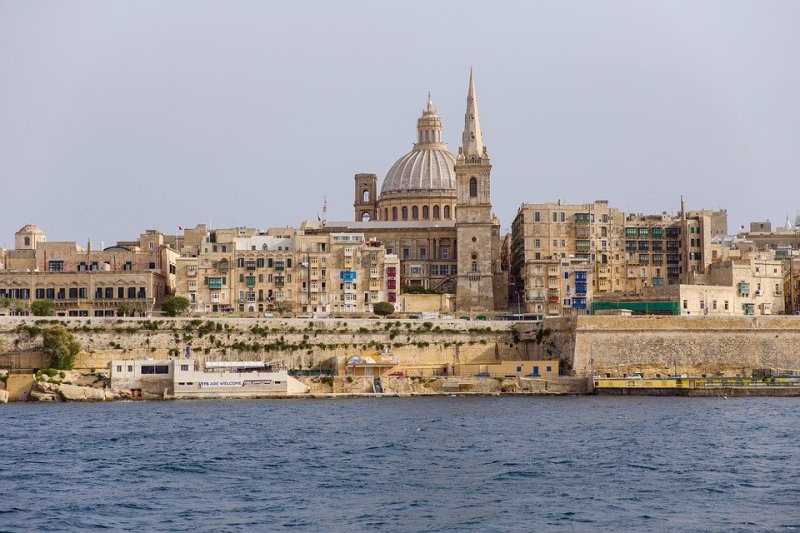
The government of Malta yesterday published three new bills which together create a regulatory framework for cryptocurrency.
The three bills are: the Virtual Financial Assets Bill, the Malta Digital Innovation Bill and the Innovative Technology Arrangements and Services Bill.
Malta has made an effort to present itself as a cryptocurrency-friendly jurisdiction and has attracted two of the biggest cryptocurrency exchanges in the world to set up offices on the island. By virtue of these guests, it has become the busiest territory in the world in terms of processing cryptocurrency trading volumes.
These new bills make the long-discussed regulatory framework a reality.
The Virtual Financial Assets Bill concerns initial coin offerings. It states that no fundraising campaign will be valid unless the company behind it has published a white paper, and it lays out requirements for said white papers. A white paper is a document which, ideally, explains a project’s technological basis and business plan.
The bill says that such documents must include, among other things:
1. A description of the “reason behind the initial virtual financial asset offering”
2. A detailed description of the technology offered and its benefits
3. A detailed description of the project’s sustainability/scalability
4. Possible risks and plans to mitigate those risks
5. A detailed description of the virtual asset – characteristics, function
6. Methods of payment
There are no less than 26 such stipulations, and the methods of payment section is split into a further 12 sections.
It is also required that the financial history of the issuer be made public, and that the white paper by updated with all developments that pertain to the demands listed in the bill.
The Malta Digital Innovation Bill concerns the establishment of an industry-specific governing body. The Malta Digital Innovation Authority will be tasked with promoting the interests of the blockchain industry to the government, and enforcing the government’s decisions in this regard.
It is specified that the new authority will “endeavour to promote the development of innovative technology in as wide a manner and for as many uses as possible so as to achieve its benefits in as many economic and social sectors as possible, including, but not limited to, in financial services,health and education, voluntary organisations, public administration and transport.”
It will have to prepare a yearly report of developments in the sector, and will consist of a chairman and between four and eight members, to be appointed by the relevant government minister for a tenure of one year.
The Innovative Technology Arrangements and Services Bill concerns the regulation of “designated innovative technology arrangements.” It will be the mechanism by which blockchain-based enterprises are recognised as such under the law, and as such will be the basis for the previous two bills to operate.
According to Tal Itzhak Ron from Tal Ron Drihem & Co. Law Firm, the regime is revolutionary: “I truly believe that the impact that Malta had on the gaming ecosystem will now apply to the financial sector. It is about time to offer a new regulatory regime for cryptocurrencies, especially since Malta (unlike Cyprus) hasn’t yet been a major hub for FX and CFDs. Also, due to the fact that Gibraltar is leaving the EU soon, its DLT regime might lose its relevance on major players.”
(Photo: pixabay)

